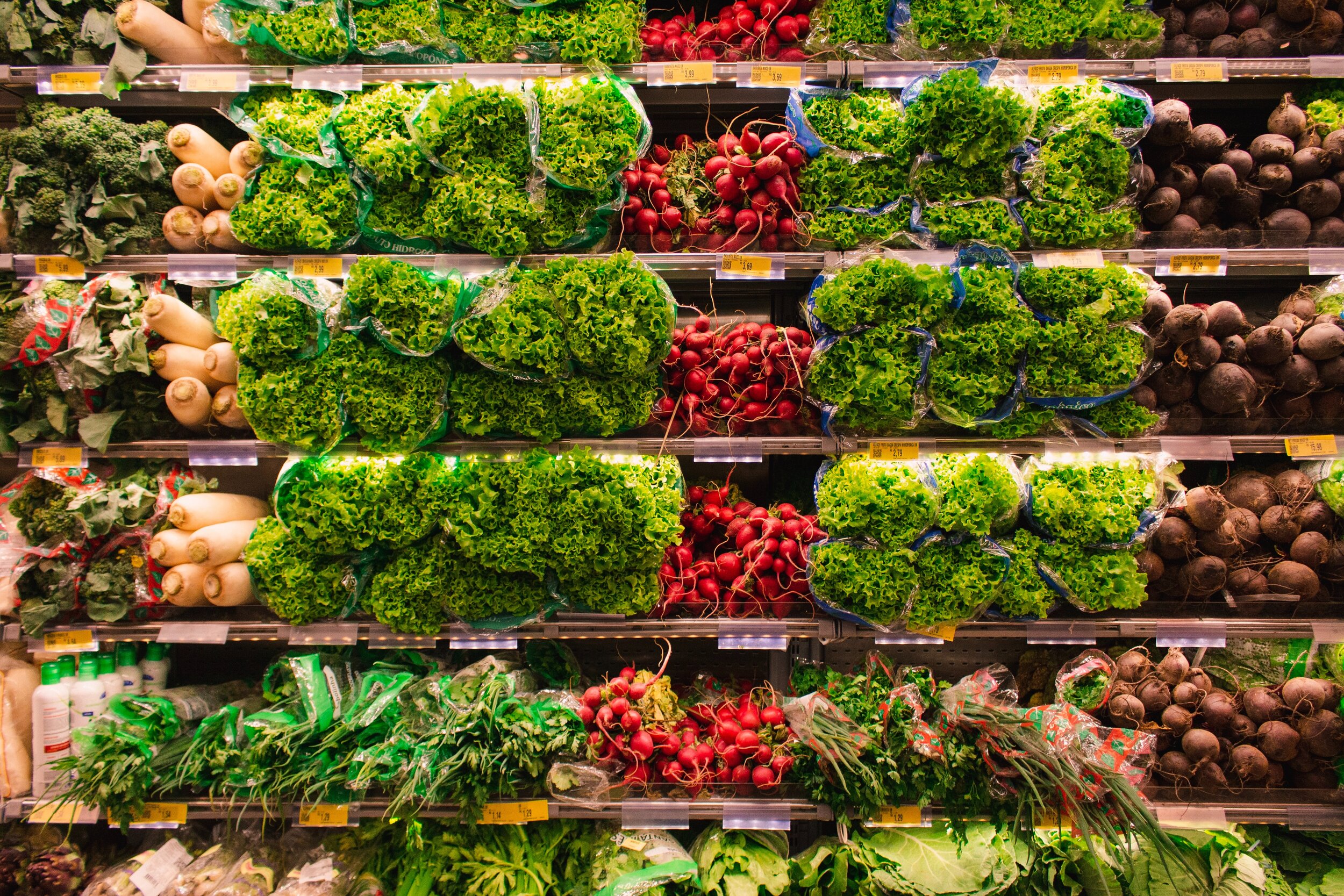HOW TO KEEP YOUR PRODUCE FRESH
How many times didn’t you figure out a tiny bit too late that you had bought something you really felt like eating, and now you’re just left the craving?
Not too long ago I bought some asparagus, thinking I will prepare this delicious risotto to enjoy the next day. As it usually happens though, the next day something came up, and my asparagus was left in the fridge for days after days until I finally figured it is just too late to eat them. And well, there is one thing I absolutely hate about food, and that is letting it go to waste.
Based on my recent experience, I thought I’d share with you my best recommendations regarding how to keep your produce fresh for the longest possible.
Buy only what you need. The best would be to get your groceries more often, but if that is not possible, you should try planning your meals in advance so you only buy what is needed. I personally don’t like supermarkets, they horrify me because of how they handle the items and the overload of goods, but I do have to admit that is very practical due to the easy access and extended opening times.
Pay attention to how the items are organized in the supermarkets. Fruits and veggies are perfectly located in the supermarket and many of us break those rules just because we are trying to make the most of our fresh produce. Sometimes this may not be ideal, for instance: I always kept my tomatoes in the fridge until one day when my friend Benjamin told me that I should try leaving them out on the counter as this way they will become even more delicious. I took his advice and it turns out he was right! But we’ll talk about this more in detail in another article.
Do not wash your produce before storing them. The humidity makes your fruits and vegetables spoil faster, this is why it is recommended we only wash them before eating. If you are one of those people who cannot phantom storing your fresh products without washing them first, make sure to have them completely dry before storing.
Use fabric bags for food products. Cotton muslin bags are breathable and absorb humidity, which makes them perfect for storing your produce. Plastic bags, on the other hand, are airtight, which will make your fresh items spoil much quicker.
Use containers to store your produce. This is something I cannot underline enough: make sure to transfer your food from its original packaging to your own containers. This also applies to milk and juices that should be stored in glass bottles for instance.
Prioritize your meals based on the perishability of your fresh products. Before you start cooking, you should have a look around and check what you have in your fridge, on the counter, and in your pantry. By doing so, you can take advantage of the produce that is already ripe before they spoil.
Make organic compost from kitchen waste. If you notice that any fresh product got spoiled, it is important to remove it immediately in order to avoid the other fruits and veggies going bad.
Isolate ethylene producing foods. Some fruits and vegetables emit a gas that accelerates the ripening process. Some others are very sensitive to this type of gas, which is why it is very important to separate the two in order to extend their lifespan. Some examples of products that emit high levels of ethylene are apples, bananas, avocados, tomatoes, onions, grapes, or mangoes. On the other end, we have for instance broccoli, asparagus, potatoes, and carrots.
All these principles are good to have in mind, but they wouldn’t be enough on their own. If you are trying to keep your produce fresh for longer, you should have in mind that different foods need different environments. For this reason, the way we store our fruits and veggies, and where we store them, makes a tremendous difference!
Most vegetables: keep dry and only wash before using.
Leafy greens and herbs: store them in bags or airtight containers to reduce airflow. Same as most veggies, these will keep better if we don't wash them and wrap them in a paper towel or kitchen towel.
Citrus fruits: store in a cotton muslin bag to allow airflow. When stored in a cool dark place they will stay fresh for about a week, or even longer if kept in the fridge.
Bananas: separate the bananas and wrap each stem individually to keep them from getting ripe. If the fruit is already ripe, you could cut it and squeeze some lemon juice over it before storing it in the fridge.
Celery: wrap in aluminum foil to keep fresh and crunchy for a longer period.
Asparagus: store in the fridge, in a glass with a bit of water, just enough to cover the base of the stem.
Tomatoes: store on the counter, without covering and keeping the stems upwards. This will help keep the flavor and texture of your tomatoes.
Mushrooms: store in a paper bag. The paper absorbs the humidity and lets your mushrooms breathe.
Carrots: it’s important to cut off the green part (did you know that you can actually prepare a recipe with these?), so they stay fresh for longer. For the same purpose, you can also store them in an airtight container.




